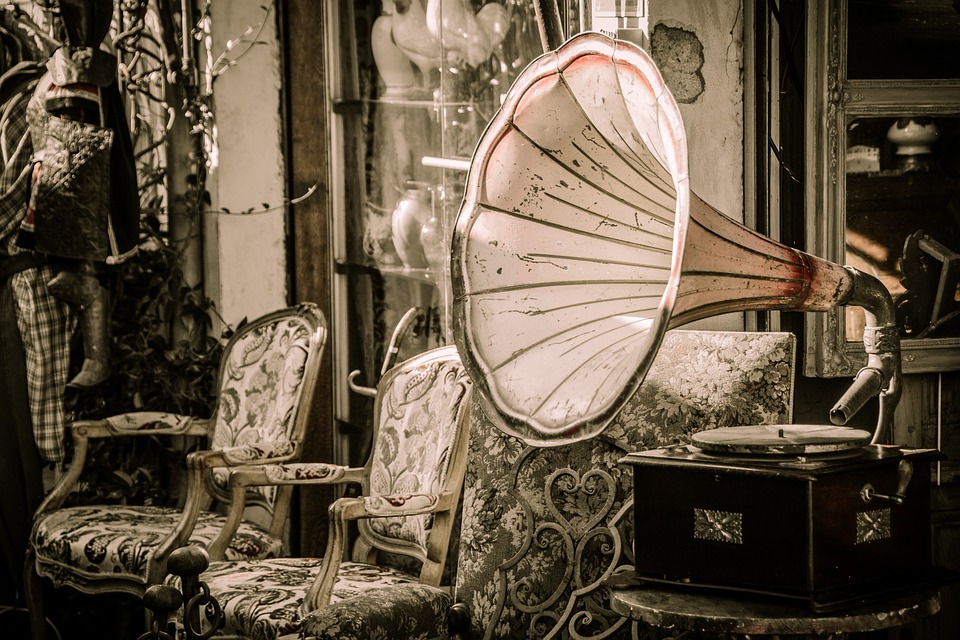Chamber Music Festivals: Showcasing Tradition and Innovation in Performance
Chamber music has long been regarded as one of the most intimate and engaging forms of classical music. Often performed by small ensembles of talented musicians, chamber music allows for a close connection between performers and audience members. One of the best ways to experience the beauty and intricacy of chamber music is through attending chamber music festivals. These festivals bring together musicians from around the world to showcase both traditional repertoire and innovative new works.
History of Chamber Music Festivals
Chamber music festivals have a long and rich history that dates back to the 18th century. The first recorded chamber music festival took place in the German city of Weimar in 1776, organized by renowned composer and musician Johann Friedrich Reichardt. Since then, chamber music festivals have become a staple of the classical music scene, attracting both seasoned performers and eager audiences.
Over the years, chamber music festivals have evolved and diversified, showcasing a wide range of styles and genres. While traditional chamber music repertoire from composers like Mozart, Beethoven, and Brahms remains a cornerstone of these festivals, many organizers are also committed to promoting new and innovative works by contemporary composers. This blend of tradition and innovation has made chamber music festivals a vibrant and exciting part of the classical music world.
Benefits of Chamber Music Festivals
Chamber music festivals offer a number of benefits for both performers and audiences. For musicians, these festivals provide a unique opportunity to collaborate with their peers, hone their craft, and explore new repertoire. The intimate setting of chamber music allows for a high level of musical communication and expression, making for unforgettable performances.
For audiences, chamber music festivals offer a chance to experience live music in a more personal and immersive way. The close proximity of performers allows audience members to see and hear every nuance of the music, creating a truly unforgettable listening experience. Additionally, many chamber music festivals offer opportunities for audiences to interact with performers through lectures, masterclasses, and post-concert discussions.
Notable Chamber Music Festivals
There are countless chamber music festivals around the world, each offering its own unique blend of tradition and innovation. Some of the most notable chamber music festivals include:
- Seattle Chamber Music Festival: Founded in 1982, this festival showcases world-class musicians performing a diverse range of chamber music repertoire.
- Salzburg Chamber Music Festival: Held annually in the picturesque Austrian city of Salzburg, this festival celebrates the legacy of Mozart and other classical composers.
- Aspen Music Festival and School: This prestigious festival in Colorado offers a wide range of chamber music performances, masterclasses, and educational programs for young musicians.
- Quartetfest: Based in California, this festival focuses on the string quartet repertoire, featuring performances by some of the top quartets in the world.
Chamber Music Festivals in the Digital Age
While chamber music festivals have traditionally been held in-person, the digital age has brought new opportunities for innovation and accessibility. Many festivals now offer live-streamed performances, virtual masterclasses, and online workshops, allowing audiences from around the world to participate in the festival experience. This shift towards digital programming has helped to broaden the reach and impact of chamber music festivals, making them more inclusive and accessible to a wider audience.
Additionally, some chamber music festivals have embraced technology as a tool for artistic expression. Composers and performers are exploring new ways to incorporate multimedia elements, interactive technologies, and digital platforms into their performances, creating unique and immersive experiences for audiences. This blending of traditional chamber music with cutting-edge technology showcases the dynamic and forward-thinking nature of the classical music world.
Conclusion
Chamber music festivals are a vibrant and essential part of the classical music landscape. By showcasing both tradition and innovation in performance, these festivals continue to inspire and engage audiences around the world. Whether through traditional repertoire or new works by contemporary composers, chamber music festivals offer a unique opportunity to experience the beauty and power of live music in an intimate and immersive setting. As we look towards the future, chamber music festivals will undoubtedly continue to evolve and adapt, remaining a vital and exciting part of the classical music tradition.
Experience the magic of chamber music at a festival near you and discover the timeless beauty and innovation of this captivating art form.


